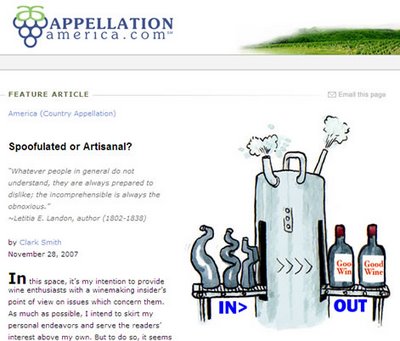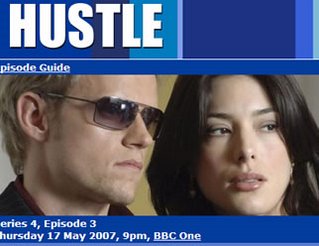Broadbent's 'Billionaire's Vinegar' libel settled out of court
News just in: Michael Broadbent's libel action against Random House, publishers of Benjamin Wallace's 'Billionaire's Vinegar', has been settled out of court. Random House issued a public apology to Broadbent, and paid 'undisclosed damages' [I'd really like to know how much!]
The libel action centred on the book The Billionaire’s Vinegar, the subject of which was the provenance of a number of bottles of wine said to have been owned by Thomas Jefferson. The book made allegations which suggested that Mr Broadbent had behaved in an unprofessional manner in the way in which he had auctioned some of these bottles and that his relationship and dealings with Hardy Rodenstock, who discovered the original collection, was suspected of being improper.
In a statement read out in open court today, Random House apologised unreservedly for making the allegations and accepted that they were untrue. It has given an undertaking not to repeat the allegations and paid Mr Broadbent undisclosed damages.
Commenting on the settlement Sarah Webb, head of Russell Jones & Walker’s Defamation department, who acted for Mr Broadbent said:
“The Billionaire’s Vinegar made highly damaging claims about my client that seriously compromised both his professional and personal reputation. We are delighted that Random House has today accepted that these allegations are totally without foundation and avoided the need to proceed to a full trial. My client is relieved that the good name he has built up over many years as one of the country’s leading wine experts has been fully restored.”
Labels: fake wine



 The web log of wine journalist Jamie Goode. Feel free to nose around; your comments are welcome
The web log of wine journalist Jamie Goode. Feel free to nose around; your comments are welcome 
